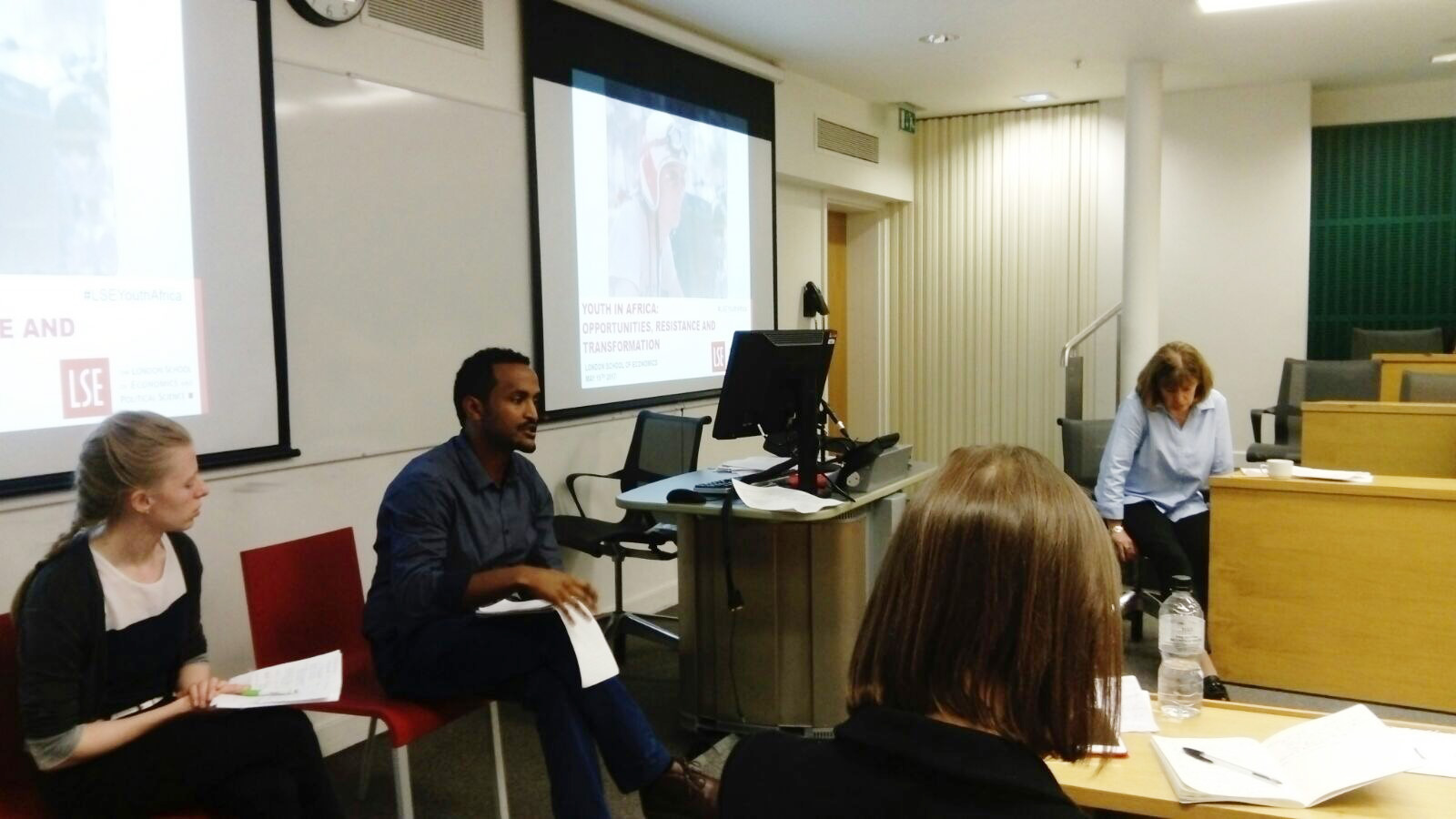As Xi Jinping sets forth his plans and ambitions for the next five years, all eyes are fixed on who he will pick to be in the powerful Politburo and its Standing Committee. Yet there is one thing for sure that we know: there won’t be many women there. Mao Zedong may have espoused the slogan “Women hold up half the sky”, but curiously they are not to be seen in the Party corridors of power. How can this be in a state ruled by a communist party that professes an ideological commitment to gender equality?
Professor Jude Howell examines the history of women in the Chinese Communist Party, and why they are underrepresented in positions of political power:
Women’s representation in high level politics in China is unimpressive. There has never been a female General Party Secretary. No woman has ever been appointed to the Politburo Standing Committee, a very powerful committee with an uneven number of members from five, sometimes seven, sometimes more. Very few women have reached the heights of the 25 member Politburo. Currently it has only two women, vice-premier Liu Yandong and Sun Chunlan, head of the Central United Front Work Department. Both are likely to retire at this Congress. Prior to this only three women had ever been in the Politburo and this was during the Cultural Revolution. All three women were also wives of top leaders, namely, Jiang Qing, one of Mao’s wives, Deng Yingchao, Zhou Enlai’s wife, and Ye Qun, Lin Biao’s wife.
Female membership of China’s parliamentary equivalent, the National People’s Congress, tells a similar story. In 2014 the reputable Inter-Parliamentary Union reported that China ranked 62nd out of 189 countries in female representation in parliaments, with around 23.4 per cent of National People’s Congress members being women. The tale has only worsened as the years have progressed. The latest Inter-Parliamentary Union rankings of women’s representation in parliament across the world this year reveal that China has fallen to 73rd position, though the percentage of delegates rose to 24.2%. Rwanda continues to top the league with 61.3% of parliamentarians being women, followed by Bolivia and Cuba in second and third places respectively.
It is unlikely that the picture will change much at the 19th Party Congress. If anything, it might well be worse as current women leaders retire and others associated with the previous Hu-Wen faction fail to get promoted. How can it be that a Party that has been ideologically wedded to general equality can yield such low female representation in politics? Sadly, there are many reasons, some that are common to women’s political under-representation in other contexts, and others that are unique to China.
Three factors stand out: gender stereotypes; political culture; and the ideological framing by China’s lead women’s organisation, the All-China Women’s Federation. As in many countries, culture and gender stereotyping have a large part to play in constructing images of leadership and the appropriate roles of men and women in society. Despite years of radical attempts at changing perceptions of women in the Maoist decades, Confucianist notions of women’s subordination to their fathers and husbands continue to prevail. Entrenched sexist attitudes dominate most domains of everyday life. Classic ways of portraying women are as `within the home’, saddled with domestic chores and child-care, or as `lacking quality’ (suzhi di), meaning they lack the attributes to take up leadership positions. The turn to the market has added to the ideological assemblage of images and ideas about women’s role in society, their vulnerability and need to be protected.
The political culture and ways of climbing up the greasy pole of politics also have a part to play in keeping women out of the malestream of power. Though some behaviours may have changed under the force of Xi Jinping’s anti-corruption campaign, smoking and drinking have played an important part in lubricating male networks and forming connections useful for promotion. The system of promotion tends to favour male candidates, whilst the poor availability of affordable child-care as well as the lack of flexible workplace policies have hindered women advancing in their careers. Moving up the greasy pole often requires a trajectory of leadership responsibilities in different places and sectors. With the household division of labour stacked against women, it is difficult for them to combine the required mobility, time and energy with domestic responsibilities.
Finally, the very organisation that should promote women’s advancement in politics has deployed tools that reinforce perceptions of women as less capable and weak. Though the All-China Women’s Federation has done much to protect women, it has still bought into ideas of women’s `low quality’ rather than focus on structural factors shaping women’s participation in politics. Training and campaigns to raise women’s self-awareness, self-confidence and abilities reinforce notions of women’s quality as problematic, as they place the solution to women’s equality on the heads of individual women rather than structural and cultural barriers. The Federation is also a key intermediary pillar of the Party and lacks sufficient autonomy to carve a more strident and creative role for itself. The Fourth World Summit on Women held in Beijing in1995 was a catalyst for the growth of more autonomous women’s organisations, which did much to challenge gender stereotypes, query the theoretical basis of the Party’s and Federation’s analysis of gender oppression, and offered up new strategies and tactics for levelling the playing field for women. In recent years a new wave of feminism has emerged in China. However, in 2015 the Party/state led a sustained crackdown on civil society groups, including feminist activists. The Federation was curiously silent on the treatment of these women, not surprising given its embeddedness within the Party.
So looking ahead, the prospects of any increase in female representation in the high levels of Party and government remain dismal. It is unlikely that the 19th Party Congress will deliver equality of representation in the politburo, politburo standing committee, central committee, National People’s Congress, or indeed in any other top positions in the Party or government. Whatever happened to women holding up half the sky?
Professor Jude Howell is a Professor of International Development at LSE. She teaches China in Developmental Perspective and is also Director for the ESRC Non-Governmental Public Action Research Programme.
The views expressed in this post are those of the author and in no way reflect those of the International Development LSE blog or the London School of Economics and Political Science.







2 Comments